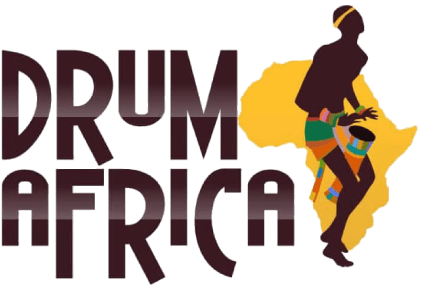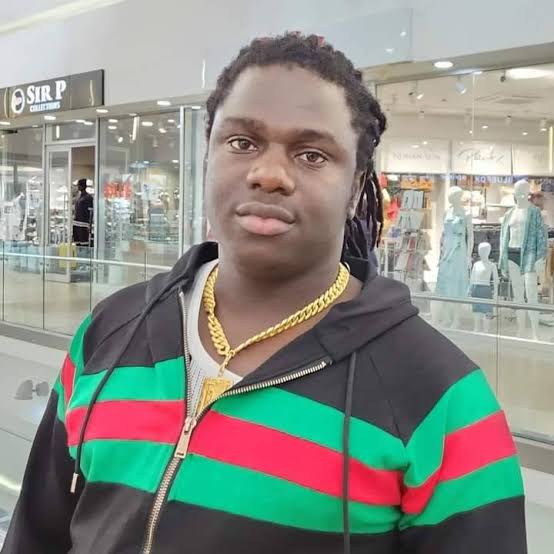Ifeanyi Ejiofor, a human rights lawyer and counsel for the embattled leader of the Indigenous People of Biafra (IPOB), Nnamdi Kanu, has faulted the arrest of a native doctor, Chidozie Nwangwu, popularly known as ‘Akwa Okuko Tiwara Aki’ in Anambra State.
Akwa Okuko was apprehended on Saturday by operatives of the Anambra State security outfit, Agunechemba.
In a statement on Sunday, Ejiofor criticised the Anambra State Government for the arrest of the native doctor.
The lawyer said the action did not only trample on his fundamental rights, but also raises serious questions about the abuse of state power for political or personal vendettas.
Ejiofor demanded Akwa Okuko’s immediate and unconditional release, saying that the arrest and his detention is not only illegal, but also sets a dangerous precedent for the suppression of religious and expressive freedoms in our state.
“It is deeply concerning that Chief Chidozie Nwangwu, popularly known as Akwa Okuko Tiwara Aki, has been unlawfully arrested by the Anambra State Government. This egregious act not only tramples on his fundamental rights but also raises serious questions about the abuse of state power for political or personal vendettas,” the statement read.
“Since news of Akwa Okuko’s arrest broke, my phones have been flooded with calls and messages from concerned individuals, all questioning the legality of his detention. Upon further inquiry, I learned that he was invited for a meeting by the Deputy Governor of Anambra State, who personally called him. However, rather than a routine engagement, this invitation appears to have been a trap – one that has now led to his unjust detention.
“The crux of the matter lies in a trending undated video in which Akwa Okuko allegedly spoke about preparing a substance called ‘Okeite.’ Notably, I was made to understand that this video was neither released on his official platforms nor promoted by him. However, even if we assume – without conceding – that he made such statements, the fundamental question remains: What crime has he committed?
“Sections 38, 39, and 40 of the 1999 Constitution of the Federal Republic of Nigeria (as amended) provide clear, extensive, and unequivocal protections for every citizen’s freedom of thought, conscience, religion, and expression. These rights are sacrosanct and can not be arbitrarily infringed upon by any government, authority or local laws.
Specifically, Section 38 guarantees the right to practice and propagate one’s religion freely, whether in private or in public, alone or with others.
“Section 39 upholds the right to freedom of expression, including the right to hold opinions and disseminate information without interference.”
Prior to his arrest, the native doctor was renowned for displaying a flamboyant lifestyle on social media platforms.

